The benefits of honey are endless, which explains why humans have been consuming it since the Stone Age. Bees gather the nectar of flowers transforming it into Winnie-the-Pooh’s favorite meal. Besides making honey, bees are important because they pollinate crops creating food for humans.
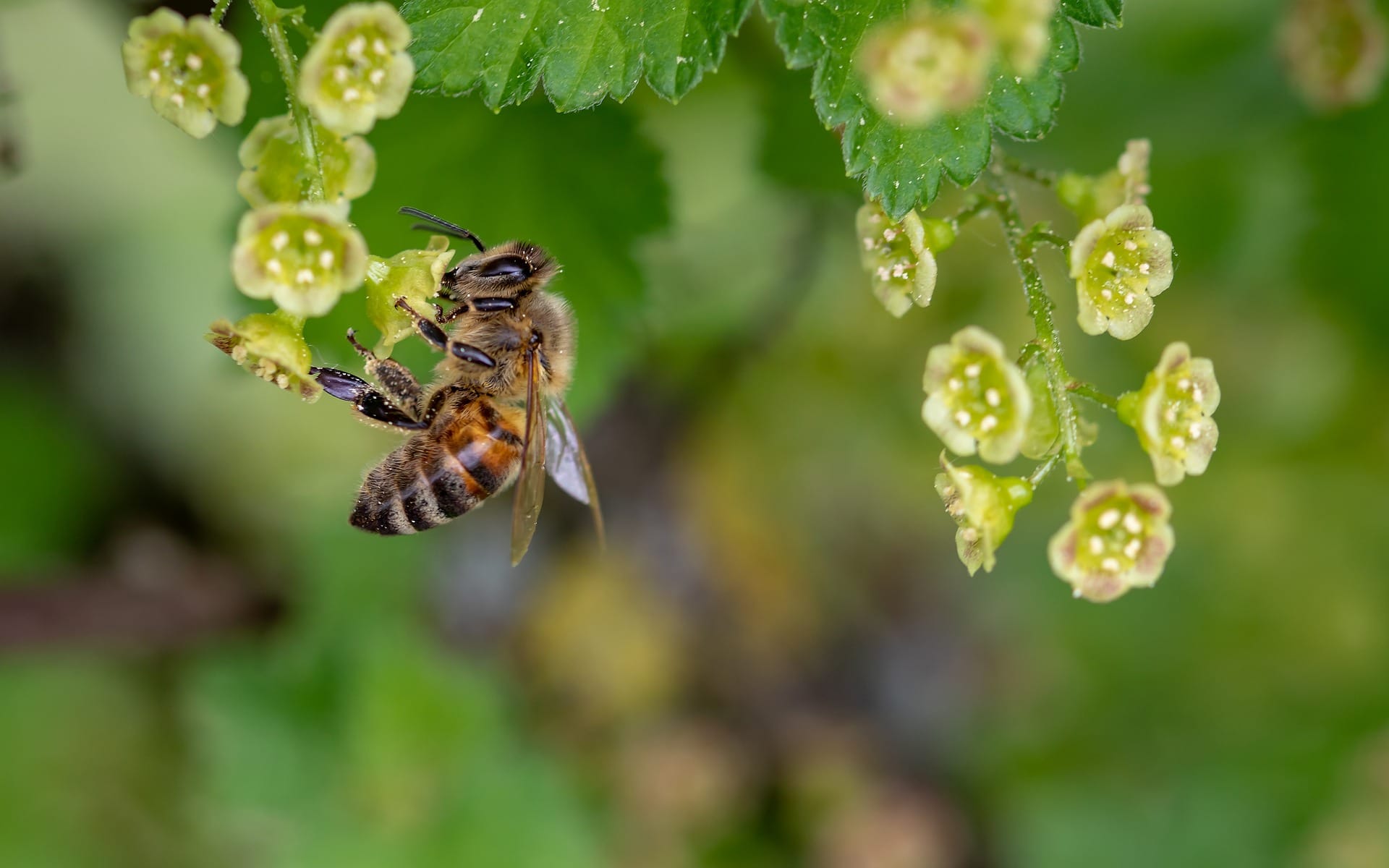
Health benefits of honey include anti-inflammatory, antibacterial and antioxidant properties. They are mostly found in raw honey or honey that has been processed, while still maintaining its properties. When honey is heated in order to pasteurize it, many of the potential benefits are removed. There is also a risk of consuming fake honey, since it is the third most falsified food product in the world. So make sure to buy good quality honey from local farmers or reputable brands.
Here are some Benefits of Honey:
Weight Loss
Honey is sweeter than sugar, so you can use less. People who want to control their weight can use it as a substitute. Honey also helps control your appetite. If consumed before bed, it helps the body burn more fat during sleep. If consumed in the morning with lime and warm water it can work as an anti-cellulite treatment, since it helps to increase body metabolism. It is a preferable alternative for those with diabetes, however, it should still be consumed with caution.

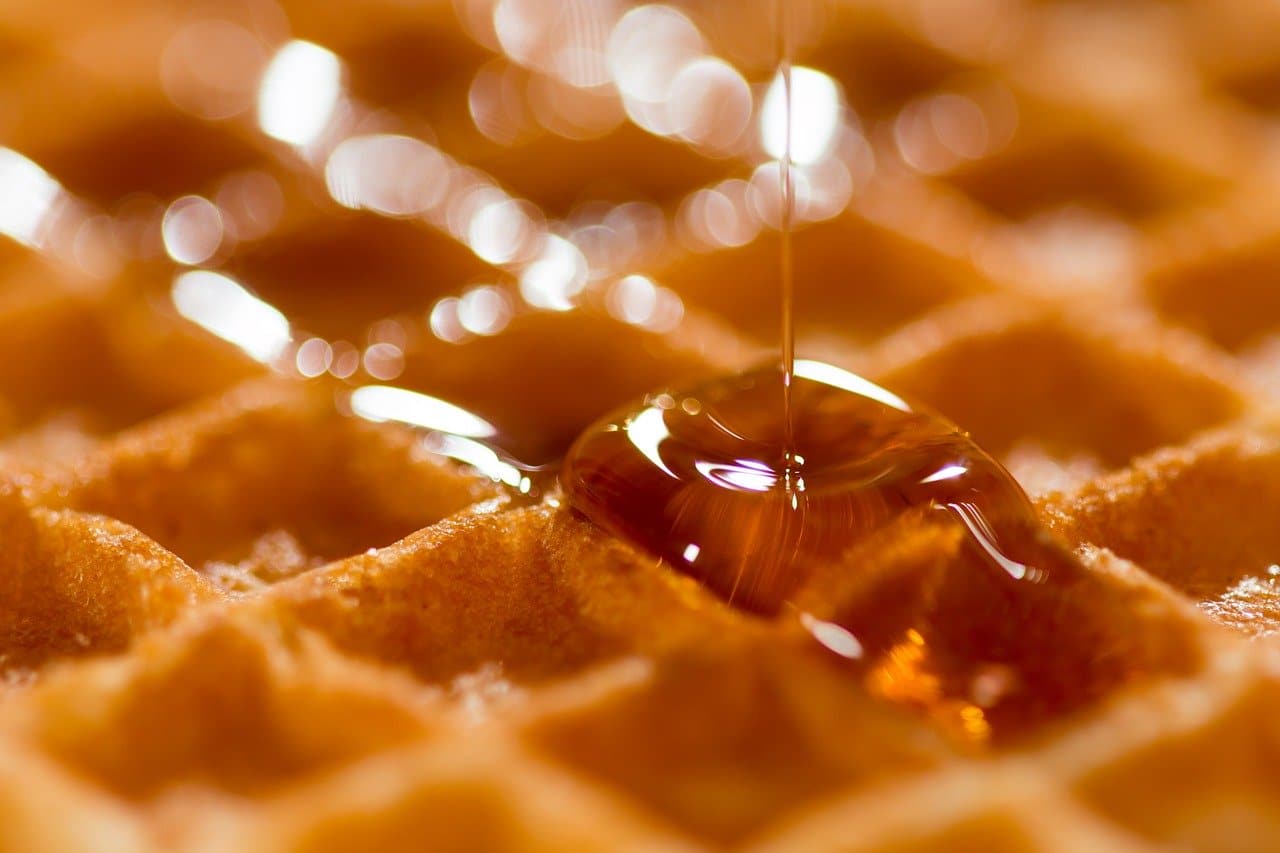
Antioxidants and Heart Disease Treatment
Plant chemicals act as antioxidants which are present in raw honey. The amount of antioxidants varies depending on the type of honey. Darker honeys usually have more antioxidants. Studies show that buckwheat honey increases antioxidants in the blood. The recommended dosage is a teaspoon or two of honey.
These antioxidant compounds found in honey are called polyphenols, which according to research can prevent heart disease by lowering blood pressure. Honey also lowers LDL (bad) cholesterol which augments the risk for heart disease by building the fatty buildup in the arteries. More blood flow in the arteries, can help prevent blood clot formation, which can cause strokes and heart attacks. Other benefits of honey its ability to lower triglycerides and protect the heart from oxidative stress.
Preliminary studies done on mice show that honey might inhibit cancer cell growth. It also protects the body from cell damage caused by free radicals that can contribute to aging and chronic diseases. You can start your day by adding a spoonful of honey and lemon juice to a cup of warm water, before having breakfast.

Antibacterial Properties
Scientists have been able to prove that honey can kill bacteria, including E.coli and salmonella, and fungus. Most studies have been done with Manuka Honey from New Zealand and Malaysian Tualang honey. Darker honeys are more concentrated and potent. This has a lot to do with the type of flowers visited by bees. As the flower pollen synthesises, bees deposit hydrogen peroxide. It is also naturally acidic.
These antibacterial benefits of honey have been used for centuries, since the time of the ancient Greeks. People have used it to treat burns, skin sores and inflammation. Honey can also heal wounds (make sure it is free of contaminants) because it is an effective germ killer and it aids in the regeneration of tissue. Hospitals use medical grade honey, which is sterile and inspected. It is also used to treat diabetic foot ulcers, which can lead to amputation if left untreated.
Skin Treatments
Honey can help treat skin conditions, including psoriasis and herpes lesions. Herpes causes blisters which are full of puss. Raw honey is an effective topical treatment for herpes sores. Make surte to apply it as soon as you see a blister starting to form. Enzymes in honey will drain the fluid, drying out the blister. Honey also helps treat acne outbreaks since it eliminates the bacteria which cause acne and dries it in a similar manner. Apply honey to the area and leave it for one hour before washing it off.
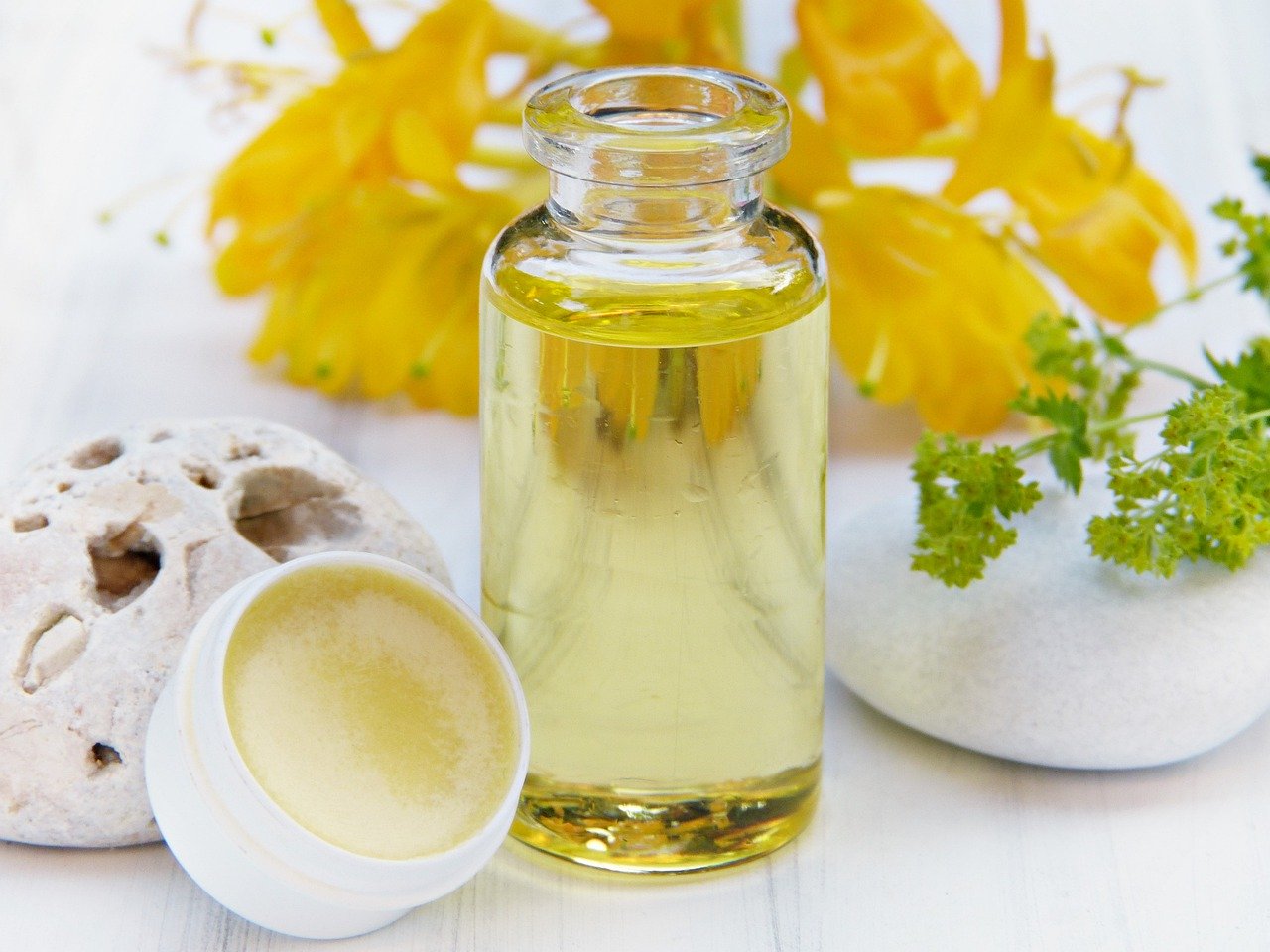
Those who suffer from dandruff can use raw honey as a natural cure and preventative measure. Just mix raw honey with water and raw milk; apply the mixture to the scalp and let is work for a few hours before rinsing. Use this treatment once a day for a week to return your scalp to optimal conditions, helping your hair growth. Commercial anti-dandruff shampoos have harsh chemical ingredients, so it is best to avoid them.
One of the benefits of honey is its ability to moisturize skin. No wonder Cleopatra took honey baths! Many skin products contain honey or you can simply add a few tablespoons to your existing products. Mix five tablespoons of raw honey with two cups of almond oil and two tablespoons of rose oil to create a powerful natural moisturizer. During the winter months you can rub honey on your face and wash after 30 minutes or turn it into a natural exfoliant with some sugar.
Soothes Throats and Aids Sleep
One of the benefits of honey is its ability to suppress cough. This was proven by a study conducted in Israel that used citrus, labiatae and eucalyptus honey and another one done in Italy with wildflower honey. It outperformed placebos and popular pharmaceutical cough suppressants such as Benadryl.
People who suffer from insomnia will benefit from drinking tea (most people prefer chamomile tea) with a tablespoon of raw honey which will provide a relaxing effect allowing a person to fall asleep. Honey releases serotonin, which the body converts into melatonin allowing a person to fall asleep.
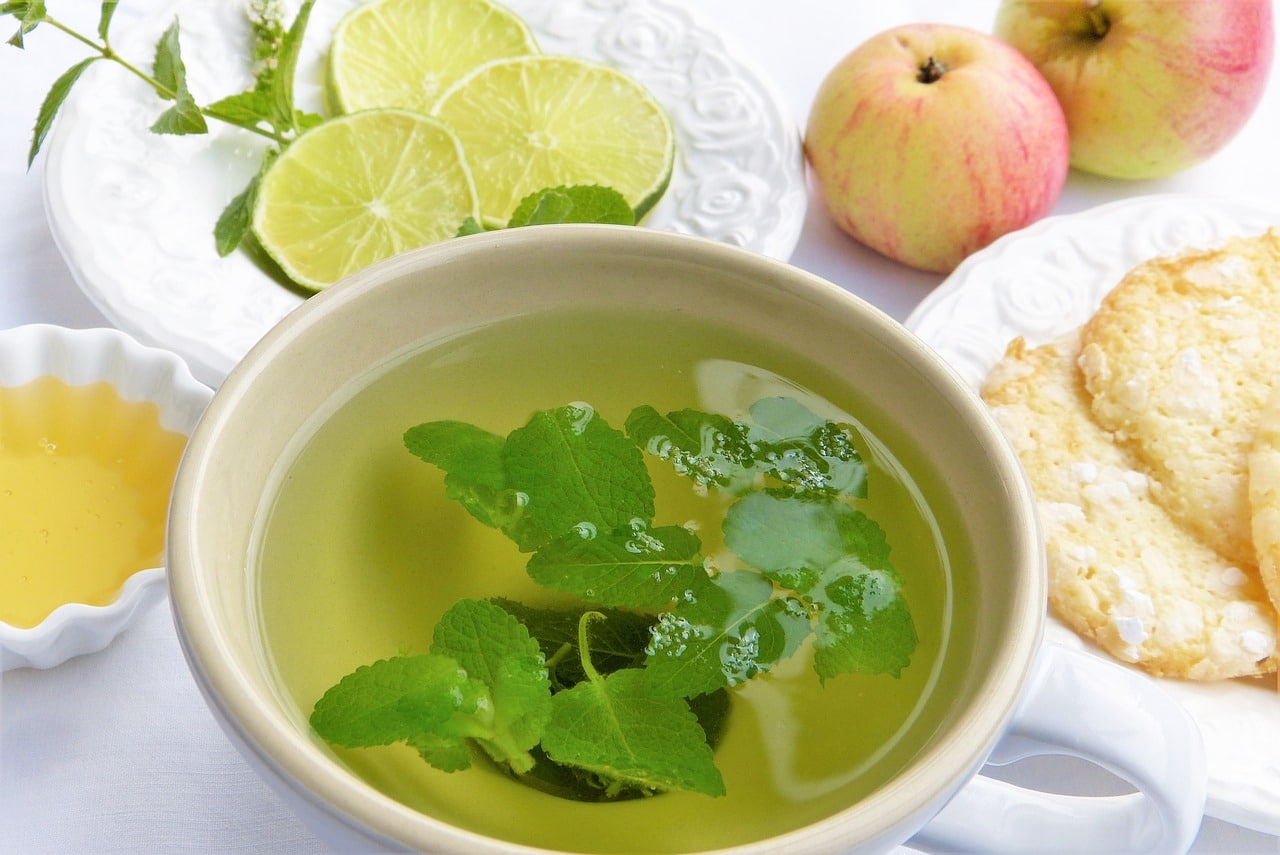
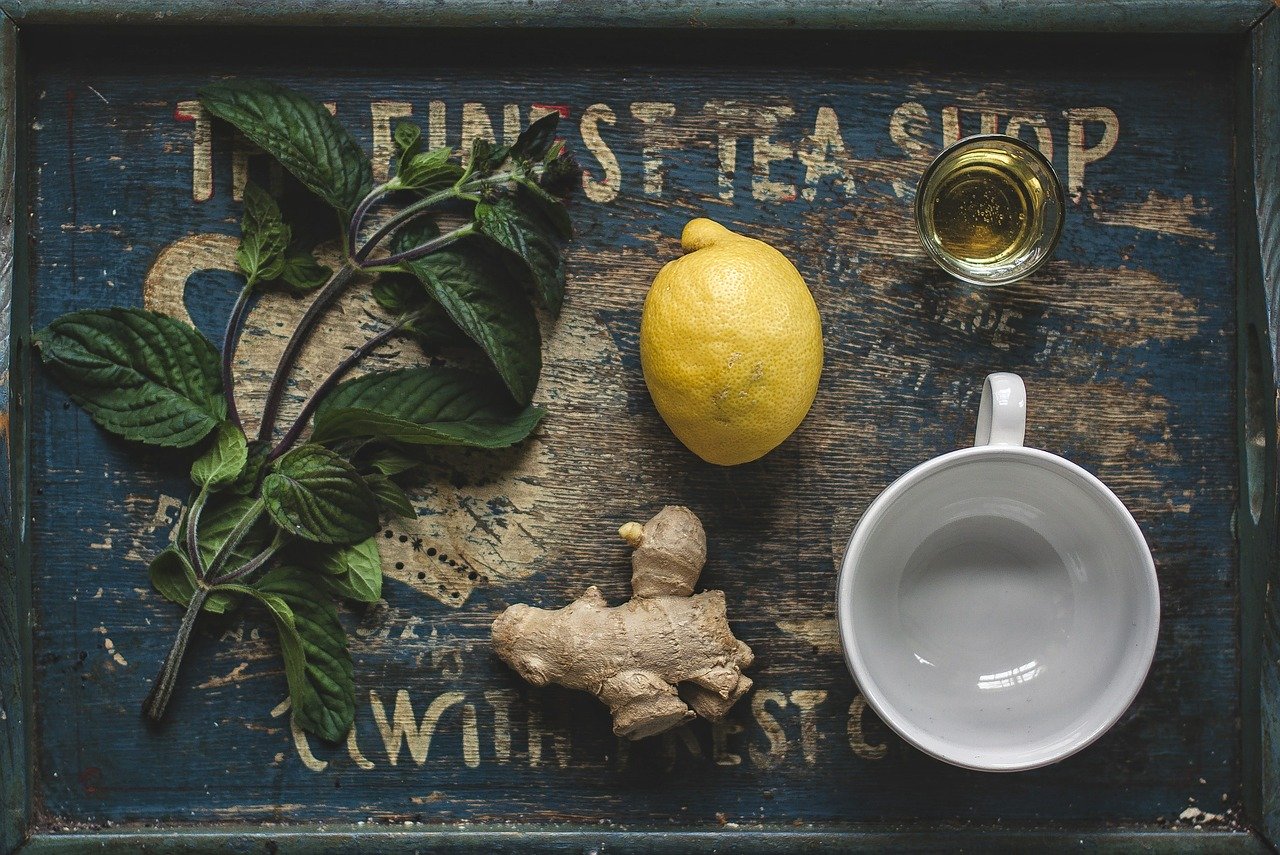
Energy Booster
Another one of the benefits of honey is its ability to boost a person’s energy levels. Since raw honey has a high carbohydrate load, it provides a sustained release of energy. After eating honey, a person will feel the glucose acting quickly on the body. While the fructose is absorbed more slowly, so a person gets an energy boost without the crash associated with sugar drinks.
Helps with Digestive Issues
Honey is used to treat gastric problems and ulcers. Some people use it to treat diarrhea, but there isn’t enough evidence to show that it is an effective treatment. A proven benefit of honey is its ability to treat the Helicobacter pylori (H. pylori) bacteria, which can commonly cause stomach ulcers.
It is also a potent prebiotic, nourishing the good bacteria that lives in the intestines, which is crucial for digestion and overall health. Raw honey can treat symptoms associated with acid reflux which damages the sensitive tissue of the esophagus, creating pain and inflammation.
Cures Hangovers
Honey has equal parts of glucose and fructose. Fructose can speed up the oxidation of alcohol in the liver. Since it increases the body’s ability to metabolize alcohol, it is able to reduce the level of alcohol in the blood. Studies that prove this ability of treating hangovers use eight tablespoons per 25 grams of alcohol, which is quite a lot.
Safety of Consuming Honey
While there are many benefits of honey, there are also risks associated with the consumption of honey, especially botulism in infants. Honey with contaminated Clostridium botulinum endospores can cause this disease that is very, very rare. This toxin can make people loose control of their muscles, even causing paralysis and suffocation. Although it is a small risk, most recommend waiting until the infant is one year old before giving them honey.
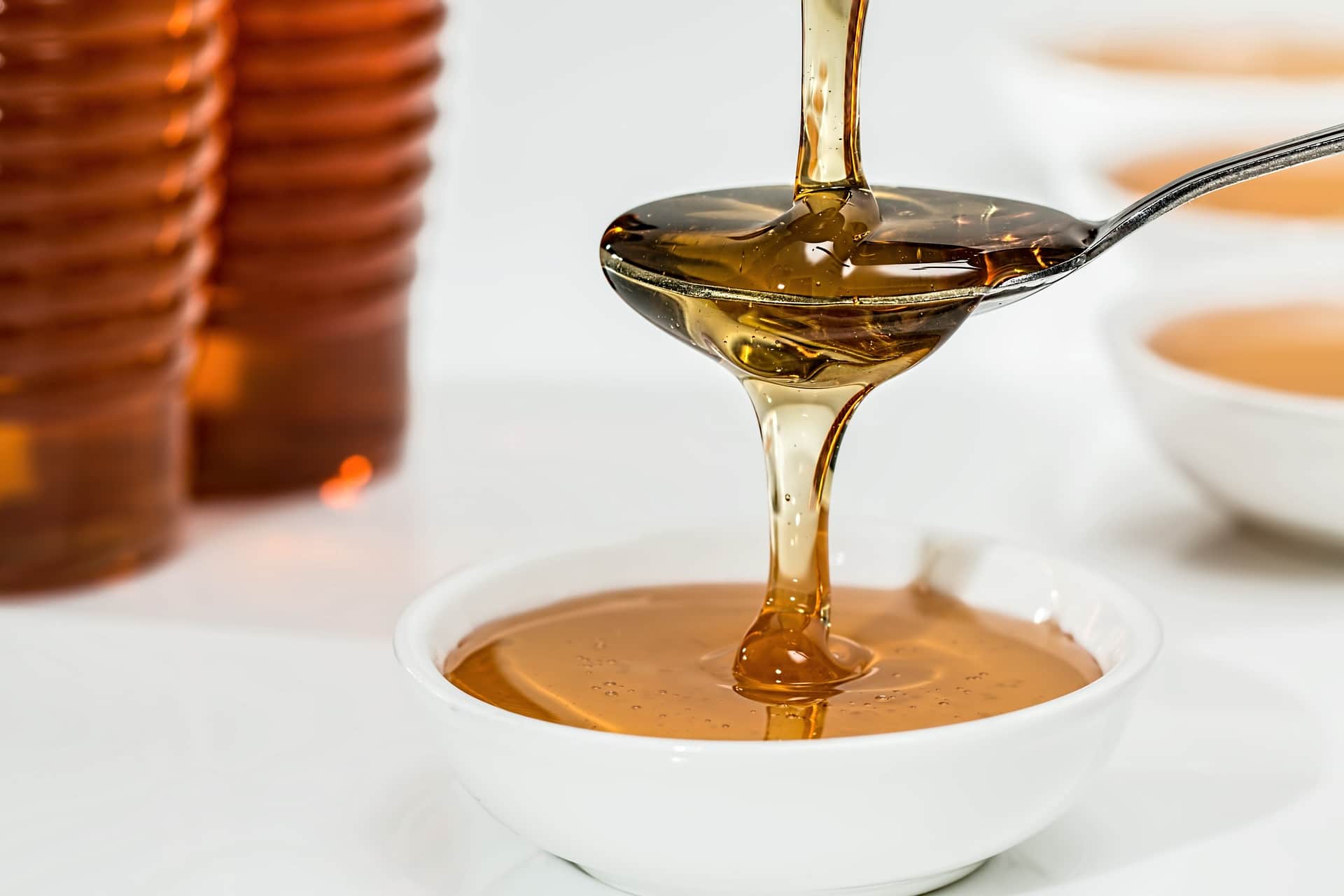
Consuming honey is generally considered safe and any aversion is extremely rare. It may cause anxiety, insomnia or hyperactivity in a small percentage of children. People with a weakened immune system may be at risk of bacterial or fungal infection. It can also react adversely with people how have allergies, use anticoagulants to control bleeding or have diabetes.
Some flowers such as azaleas, mountain laurels, sheep laurel and rhododendrons can cause mad honey intoxication. Intoxication is rarely dangerous, however, it can cause nausea, vomiting, weakness and dizziness. People in New Zealand should verify their source of honey, to make sure not to eat honey from feral hives, since bees can gather honeydew form vine hopper insects that eat tutu bushes.